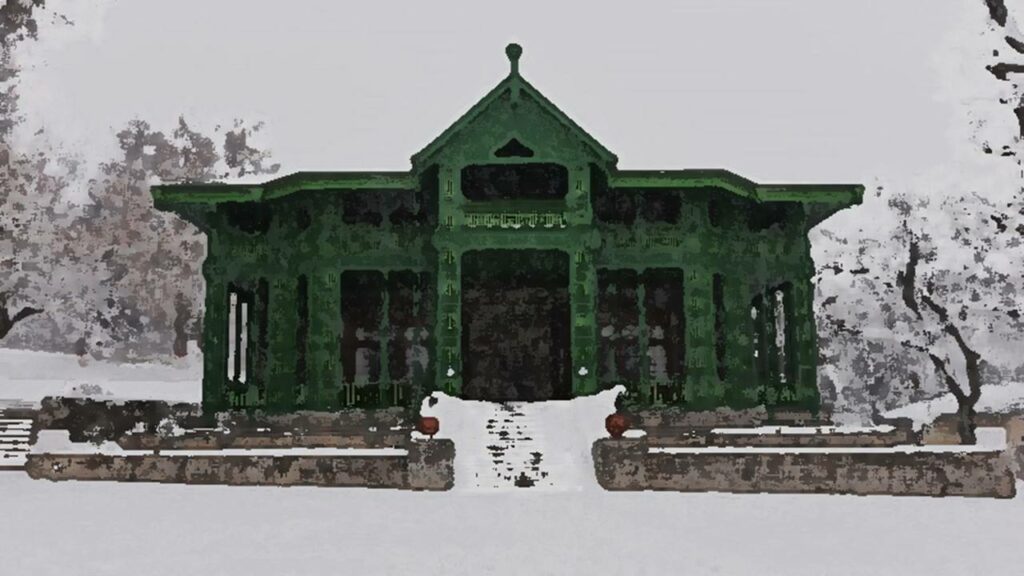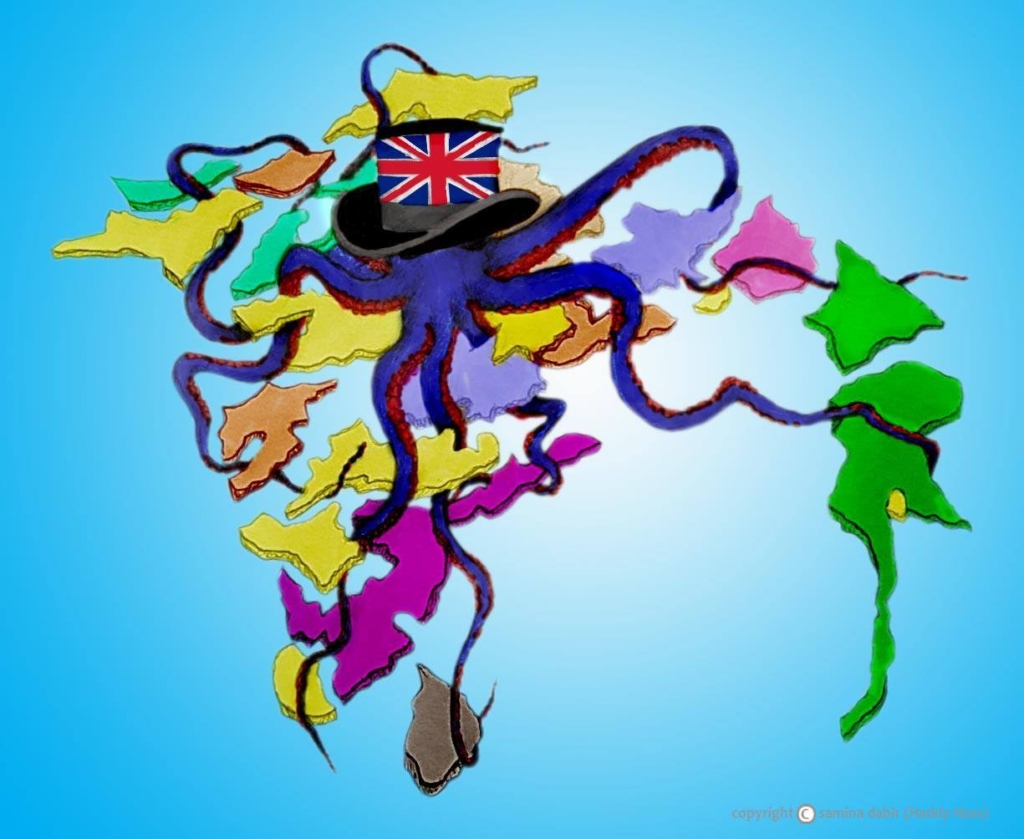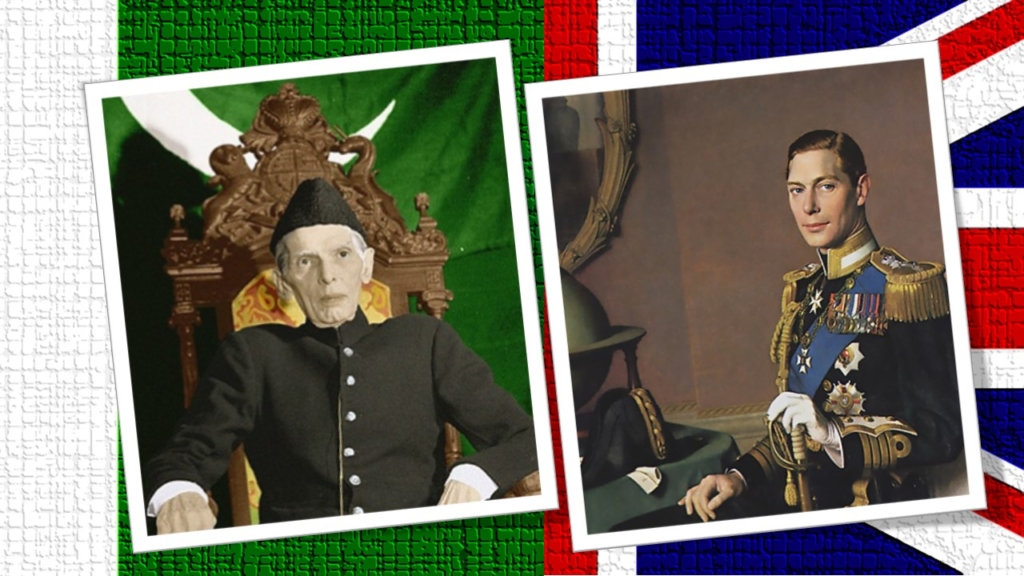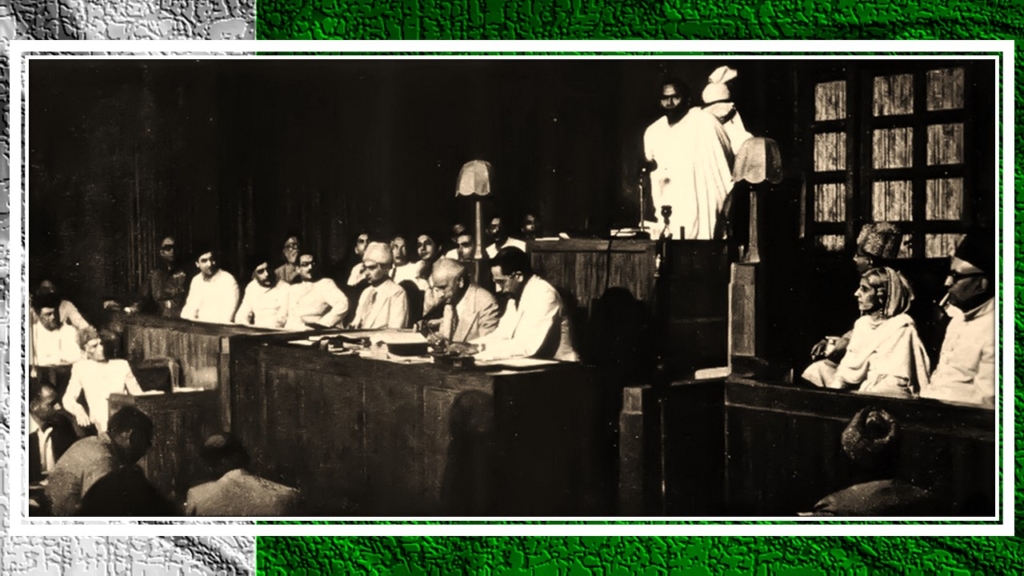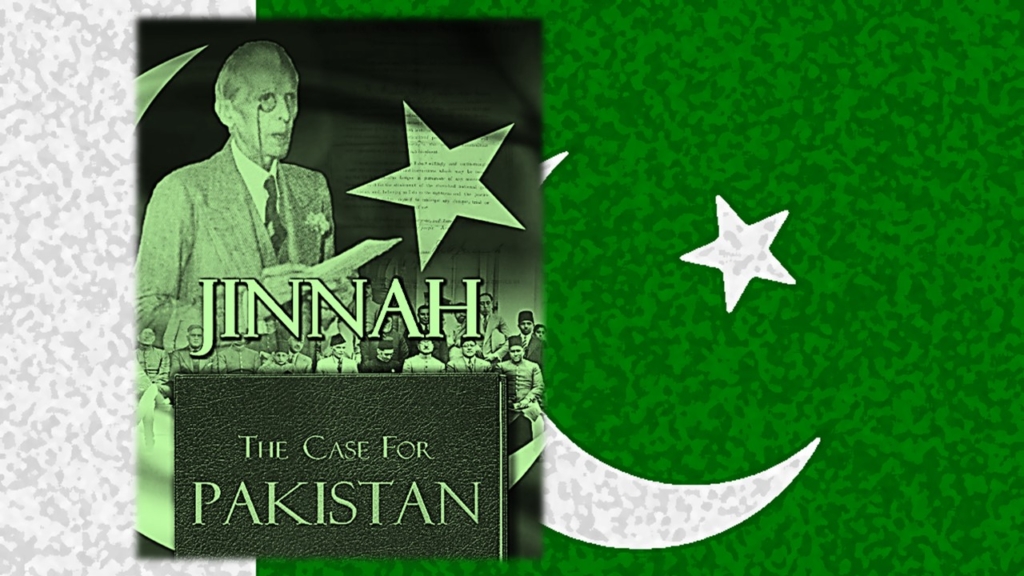The seven stages of Pakistan
When seen from the point of view of the founding parents of the country, our history reveals that we have a collective ego, or a communal self, which has been conceiving and achieving its goals.
The seven stages of Pakistan Read More »
